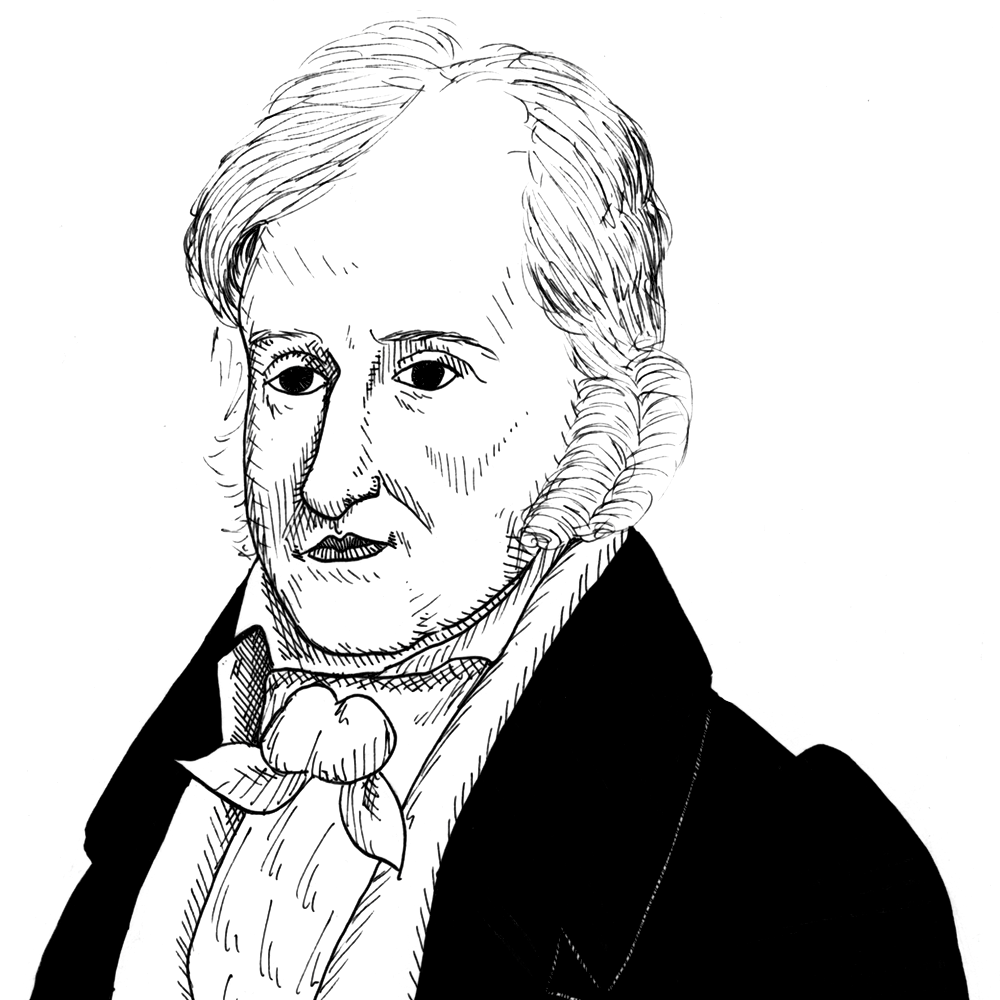
Benjamin Constant on why the oppressed often prefer their chains to liberty (1815)
Found in: Principles of Politics Applicable to All Governments
Towards the end of Napoleon’s régime the French political philosopher Benjamin Constant (1767–1830) wrote his major work on political theory, Principles of Politics (1810-1815), in which he asks why it sometimes appears that the oppressed prefer their chains to liberty:
Politics & Liberty
In the countries where these oppressive laws continue in undiminished rigor, it has been claimed, as always in such cases, that the classes they oppress recognize the advantages therein. It has been said that serfdom, a natural consequence of this system of property, was felicitous for the peasants and examples were given. Nobles one could suspect of hypocrisy and who should at least be accused of lack of foresight, have offered their vassals freedom. This is to say that they proposed to men brutalized by ignorance, without energy or capability or ideas, that they leave their fields and cabins, to go freely with their infirm parents and children of tender years, in search of a subsistence they had no means of procuring. These vassals preferred their chains, from which it was concluded that serfdom was agreeable.